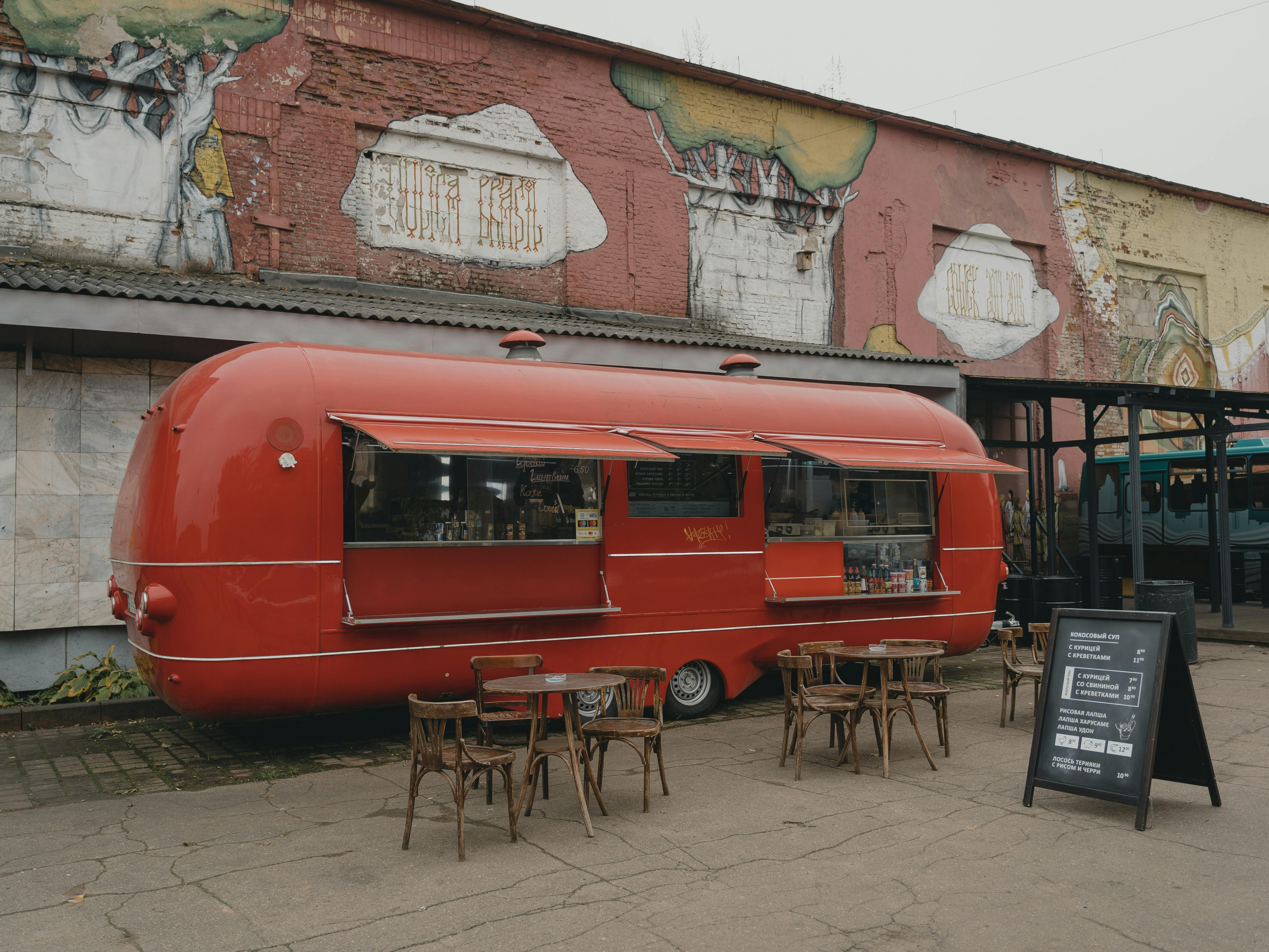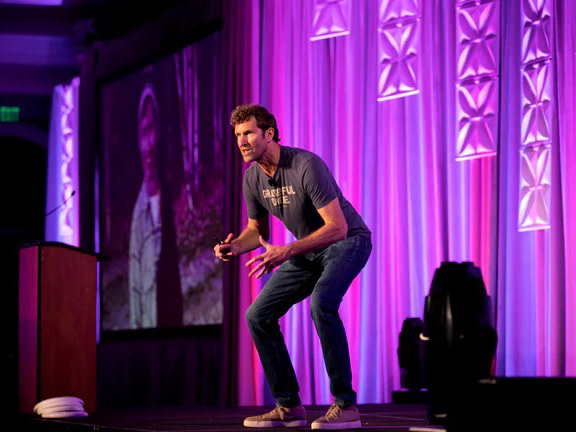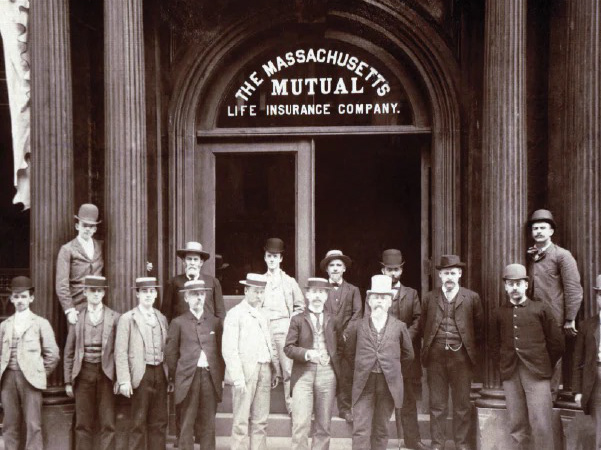The Big Idea:
How Venture Fund winner Urban College of Boston is unlocking education for diverse students pursuing medical careers.
Urban College of Boston has a ground-breaking plan to advance clinical research careers for underserved communities in Boston.
It’s Innovation Month here at United Way, so we sat down with Michael Taylor (President) and Caitlin Callahan (Dir. of Development) at Urban College of Boston, winners of United Way’s innovation contest, Venture Fund. Their game-changing idea is seriously leveling the clinical research playing field for underserved communities. Here’s an excerpt:
Congrats, Caitlin and Michael, on your Venture Fund win. What social challenge did Urban College of Boston want to solve through innovation?
We started almost a year ago thinking about this. How can we open doors for our diverse students by creating a better pathway for clinical research careers? How can we provide more equitable access for low-income individuals to pursue benefits-eligible jobs in Massachusetts’ booming health and biotech sectors? Our Venture Fund solution will allow us to move people out of poverty years sooner, and into growth-focused career opportunities.
That’s sounds very interesting—how will you do that?
We’ve created a one-year Clinical Research Coordinator I (CRC) Training Certificate pilot program—without requiring a barrier-to-entry Bachelor’s degree—in partnership with Tufts Clinical and Translational Science Institute (Tufts CTSI). This Venture Fund solution seeks to use access to education as the link to improve outcomes for better health equity in the community.
Why is Tufts the catalyst?
This was originally driven by one of our biggest supporters and partners, Dr. Robert Sege at Tufts. He was aware of our commitment to the diverse, low-income population we serve and saw the need to provide opportunities for a more inclusive workforce at Tufts. This, in turn, can improve the diversity of vital clinical trials. (Candidates previously accepting clinical researcher jobs were part of an 80% Caucasian demographic – not the best track record for diverse opportunity). We could not have grown this idea without Dr. Sege!
Yes, getting a degree is often a financial/time burden. So how does someone earn equivalent, relevant experience for this pilot program?
The one-year CRC Training Certificate program includes a 90-hour paid apprenticeship, which includes face-to-face time with other researchers, plus 5 college courses including of course medical and clinical research studies. The Certificate is college credit bearing. So students not only get their foot in the door with hands-on training, they’re well on their way to a higher education in the future.
How is your idea innovative—why does it matter?
It tackles a structural barrier: the hurdle of a Bachelor’s degree. Our solution changes this requirement, opening a new pathway for people that have been previously excluded. This program can also give young people the opportunity to work in a hospital setting, why this could be a career for them (bonus: an incentive to graduate from high school). For the students who finish this program, they’ll realize they have experience under their belt. We think this solution’s even an encouragement to higher education. And for the future, we’re laying the groundwork to expand apprenticeships to other institutions, from other colleges to Kendall Square biotechs. It’s an extraordinary opening of a door to someone’s future.
When this idea gets executed, what will it mean for the communities you serve?
It will help us build and develop strong career pathways for local students, thanks to our wonderful partnership with Tufts. They’ve been so supportive in their professional investment with us. And because Urban College of Boston is a small college without a lot of bureaucracy, we’re nimble enough to address community needs. And for families in the community, this Clinical Research Coordinator program will empower parents with a new opportunity. Growing in a career—and providing for their families. It’s a community-building effect.







